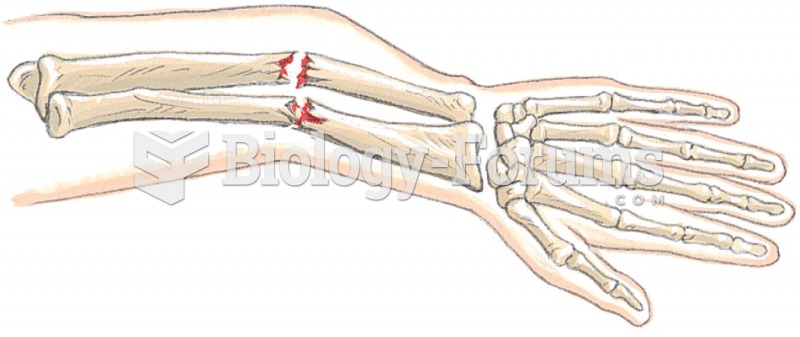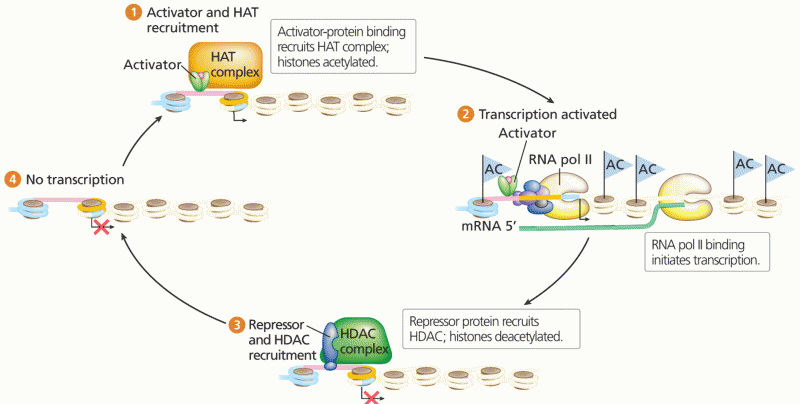This topic contains a solution. Click here to go to the answer
|
|
|
Did you know?
The human body's pharmacokinetics are quite varied. Our hair holds onto drugs longer than our urine, blood, or saliva. For example, alcohol can be detected in the hair for up to 90 days after it was consumed. The same is true for marijuana, cocaine, ecstasy, heroin, methamphetamine, and nicotine.
Did you know?
People about to have surgery must tell their health care providers about all supplements they take.
Did you know?
There are over 65,000 known species of protozoa. About 10,000 species are parasitic.
Did you know?
The average older adult in the United States takes five prescription drugs per day. Half of these drugs contain a sedative. Alcohol should therefore be avoided by most senior citizens because of the dangerous interactions between alcohol and sedatives.








